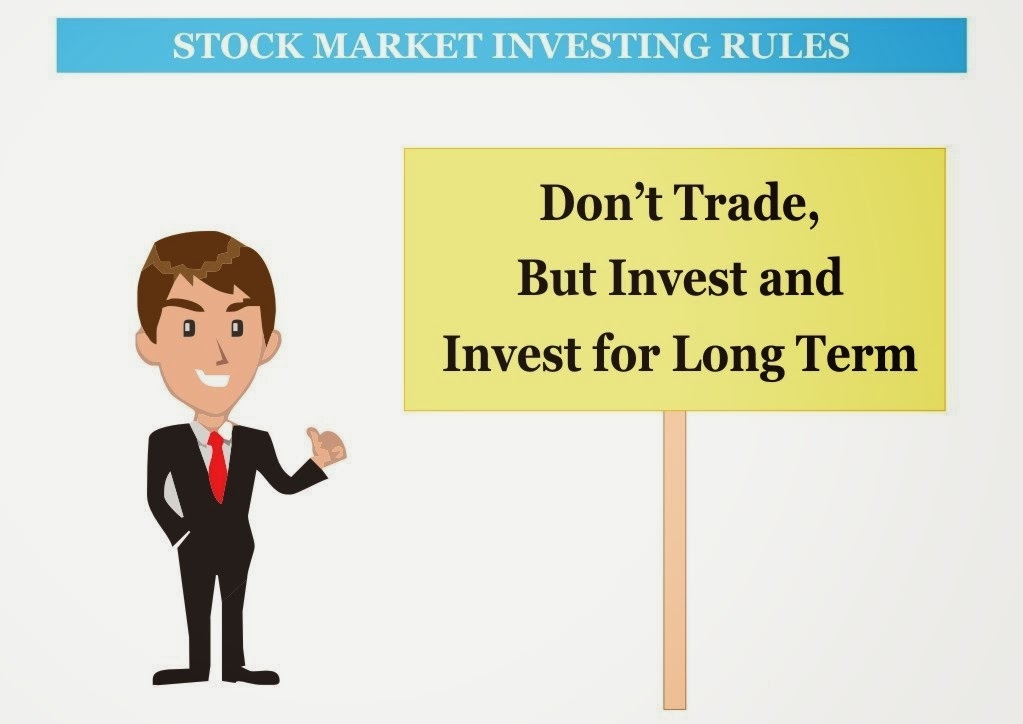Warren Buffett’s Berkshire Hathaway
just published its 2013 annual report recently.
just published its 2013 annual report recently.
Berkshire Hathaway is an US MNC worth USD300
billions controlled by Warren Buffett and his Partner Charlie Munger. The
company owns GEICO insurance, BNSF Railway, Dairy Queen food, Helzberg
Diamonds, NV Energy, Netjets plane, Heinz ketchup, Mars chocolate, Wrigley
chewing gum etc, and has significant share holdings in Coca-Cola, Wells Fargo,
American Express, IBM, Procter & Gamble Co and Wal-Mart Stores, Exxon Mobil
etc.
billions controlled by Warren Buffett and his Partner Charlie Munger. The
company owns GEICO insurance, BNSF Railway, Dairy Queen food, Helzberg
Diamonds, NV Energy, Netjets plane, Heinz ketchup, Mars chocolate, Wrigley
chewing gum etc, and has significant share holdings in Coca-Cola, Wells Fargo,
American Express, IBM, Procter & Gamble Co and Wal-Mart Stores, Exxon Mobil
etc.
Berkshire Hathaway average annual
growth in book value is 19.7% for last 48 years with minimal debt. Warren Buffett is considered the most successful investor and generous philanthropist in the 20th Century with a net worth of USD58b and committed more than 90% of his net worth to charity.
growth in book value is 19.7% for last 48 years with minimal debt. Warren Buffett is considered the most successful investor and generous philanthropist in the 20th Century with a net worth of USD58b and committed more than 90% of his net worth to charity.
Like all the previous years, Warren
Buffett presented beautiful written annual letters to his shareholders in Berkshire Hathaway 2013 annual report.
Buffett presented beautiful written annual letters to his shareholders in Berkshire Hathaway 2013 annual report.
I had extracted some valuable points as follows from the contents of the letter.
~~~~~~~~~~~~~~~~~~~~~~~~~~~~~~
Warren Buffett Thoughts about Investing:
“Investment is most intelligent when it is most
businesslike.” — The Intelligent Investor by Benjamin Graham
Warren Buffett illustrated his
thoughts using two purchases that he made. They are:
thoughts using two purchases that he made. They are:
1) 400-acre
farm near Omaha in 1986.
farm near Omaha in 1986.
2) Retail
Property in New York near NY University in 1993
Property in New York near NY University in 1993
The farm tripled its earnings today
and is worth more than five times or more what he paid and he still do not know
anything about farming.The NYU annual distributions exceed 35%
of his original equity investment and he still yet to view the property.
and is worth more than five times or more what he paid and he still do not know
anything about farming.The NYU annual distributions exceed 35%
of his original equity investment and he still yet to view the property.
Warren Buffett quoted:
“My two purchases were made in 1986 and
in 1993. What the economy, interest rates, or stock market might do in years
immediately following -1987 and 1994 – was of no importance to me in making
those investments. I can’t remember what the headlines or pundits were saying
at the time. Whatever the chatter, corn would keep growing in Nebraska and
Students would flock to NY university.”
“During the extraordinary financial
panic that occurred late in 2008, I never gave a thought to selling my farm or
NY real estate, even though a severe recession was clearly brewing. And, If I
owned 100 percent of a solid business with good long-term prospects, it would
have been foolish for me to even consider dumping it.”
Focus on Future Earnings, Ignore the Noise
I also extracted some important sentences as follows.
- You don’t need to be an expert in
order to achieve satisfactory investment returns. When promised quick profits, respond
with a quick “no”
- Focus on future productivity of the
asset you are considering.
- You need to understand the actions
you undertake.
- If you focus on the prospective
price change of a contemplated purchase, you are speculating.
- Half of the coin-flippers will win
their first toss; non of those winners has an expectation of profit if he
continues to play the game. And the fact that the given asset has appreciated in
recent past is never a reason to buy it.
- Games are won by players who focus
on the playing field – not by those whose eyes are glued to the scoreboard. If
you enjoy Saturdays and Sundays without looking at the stock prices, give it a
try on weekdays.
- Forming a macro opinions or
listening to the macro or market predictions of others is a waste of time.
- If however we lack the ability to
estimate future earnings – which is usually the case – we simply move on to
other prospects.
- It’s vital, however that we recognize
the perimeter of our “circle of competence” and stay well inside of it.
- The goal of a non-professional
should not be to pick winners – neither he nor his “helpers” can do that – but should
rather be to own a cross-section of businesses that in aggregate are bound to do
well. A low cost S&P index fund will achieve this goal.
Buy over a long period
- A Bull market is like sex. It feels
best just before it ends.
- The antidote to that kind of mistiming
for an investor is to accumulate shares over long period and never to sell when
the news is bad and stocks are well off their highs.
- The “know nothing” investor who both
diversifies and keeps his costs minimal is virtually certain to get
satisfactory results.
- Indeed, the unsophisticated investor
who is realistic about his shortcomings is likely to obtain better long-term
results than the knowledgeable professional who is blind to even a single
weakness.
~~~~~~~~~~~~~~~~~~~~~~~~~~~~~~




